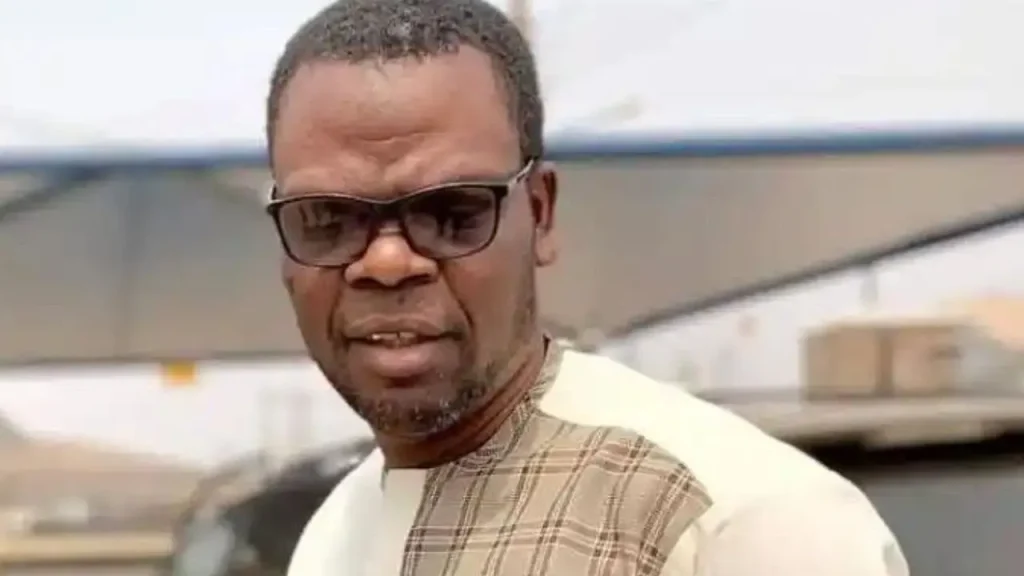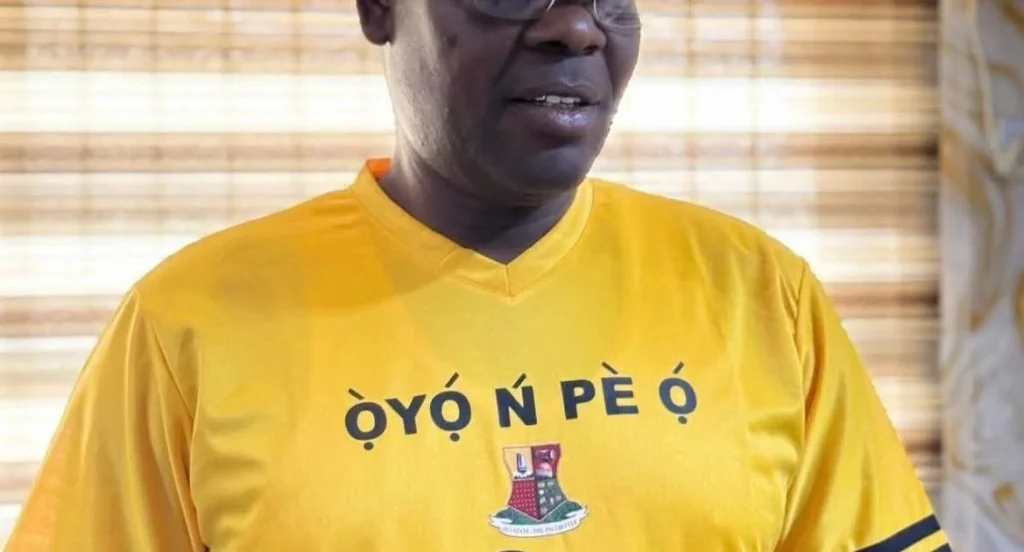Petroleum Industry Act: A Tool for Self-Enrichment or Nation-Building?
Senior Advocate of Nigeria, Dr Olisa Agbakoba, has questioned the true intentions behind the recently passed Petroleum Industry Act (PIA). According to him, the legislation was designed for money and contract sharing rather than the country’s development. Speaking on Arise TV’s Morning Show, Agbakoba expressed concern that the PIA’s focus on revenue sharing would ultimately benefit a select few individuals rather than the broader Nigerian population.
Agbakoba cited the lack of successful commercialized or privatized government entities in Nigeria as evidence of his claims. He challenged politicians and other stakeholders to provide a single example of a state enterprise that has been successfully privatized and contributed to the country’s development. Instead, the lawyer alleged that privatization has often resulted in the transfer of national resources to private pockets, leaving Nigerians to endure widespread poverty.
The former Nigerian Bar Association president also criticized the PIA for allowing the Nigerian National Petroleum Company Limited (NNPCL) to appropriate federal revenue, despite a constitutional requirement that all resources, taxed or untaxed, should be paid into the federation account. Agbakoba expressed dismay at the NNPCL’s ability to draw funds outside the constitution, questioning the reasoning behind this provision.
Agbakoba’s remarks were not limited to his domestic concerns. He also drew parallels with China and Saudi Arabia, pointing out that these countries do not practice commercialization and instead operate under state capitalism. This, he argued, highlights the importance of prioritizing national sovereignty over revenue sharing.
In his conclusions, Agbakoba expressed deep skepticism about the PIA’s capacity to positively impact Nigeria’s development. He warned that the country must be careful not to allow the PIA to fuel "chop chop" and contract sharing, ultimately benefiting only a few individuals. The lawyer’s calls for accountability and transparency in the management of national resources underscore the need for a more holistic approach to development in Nigeria.



